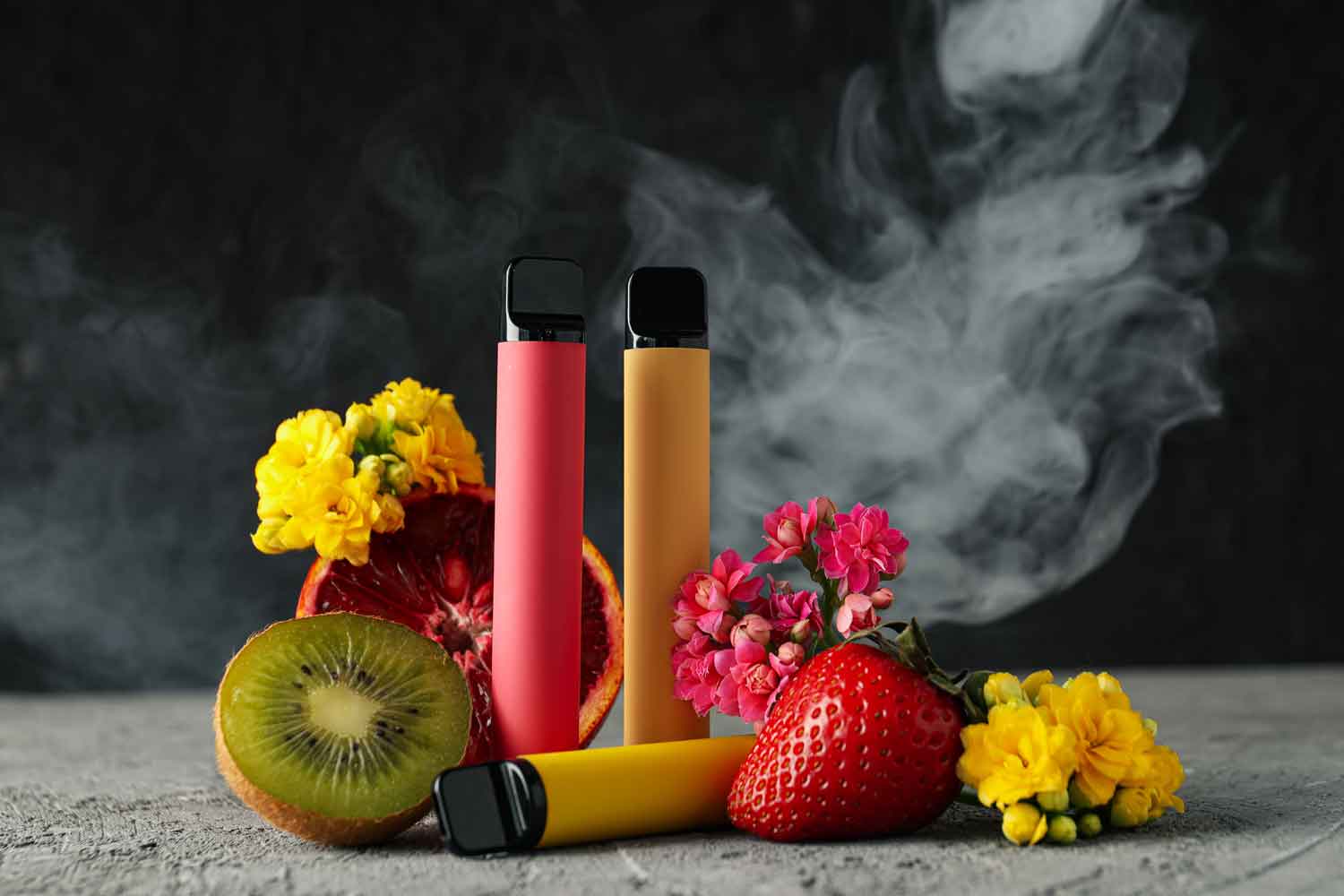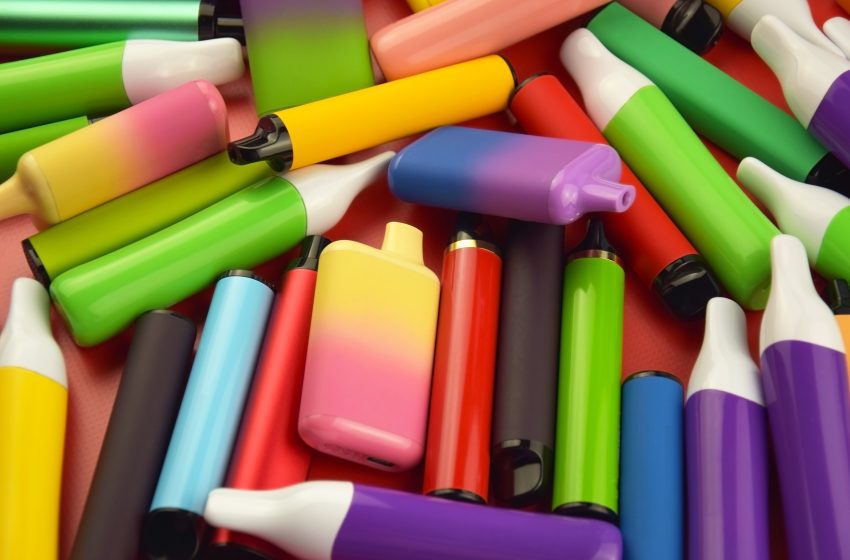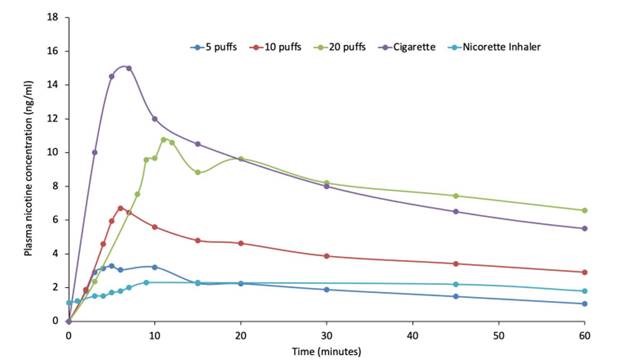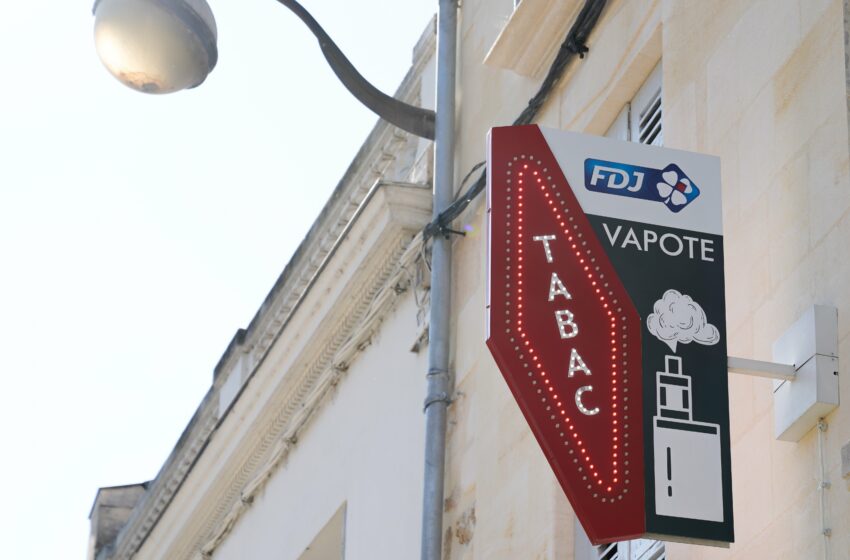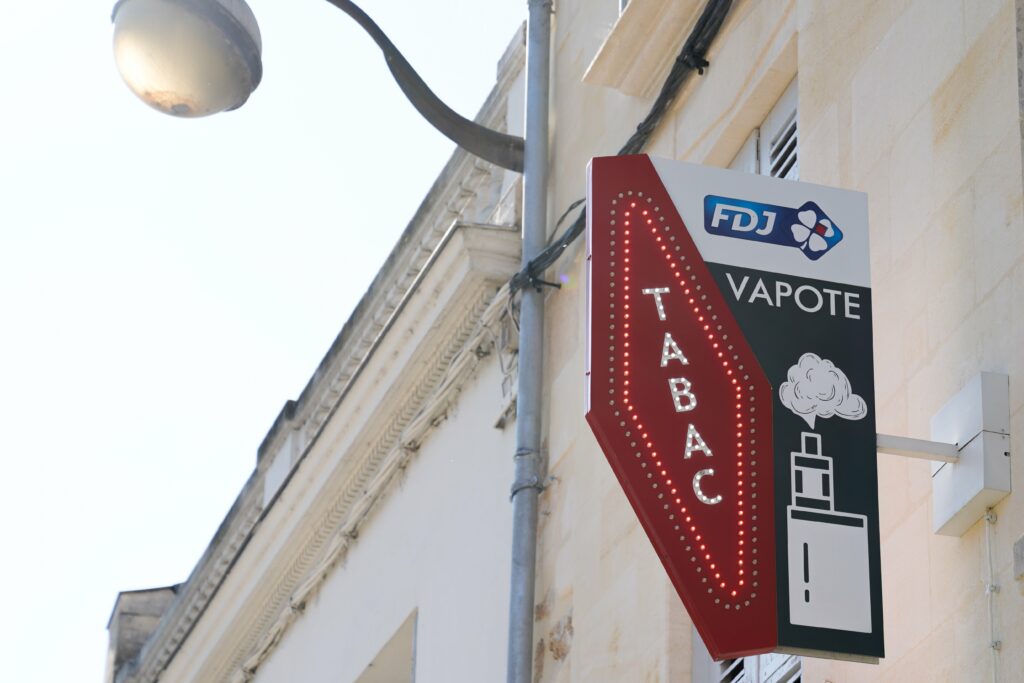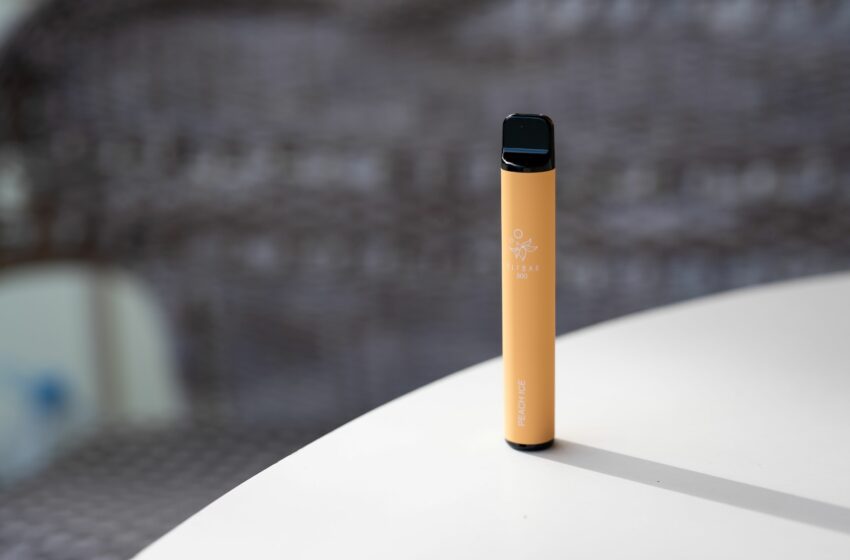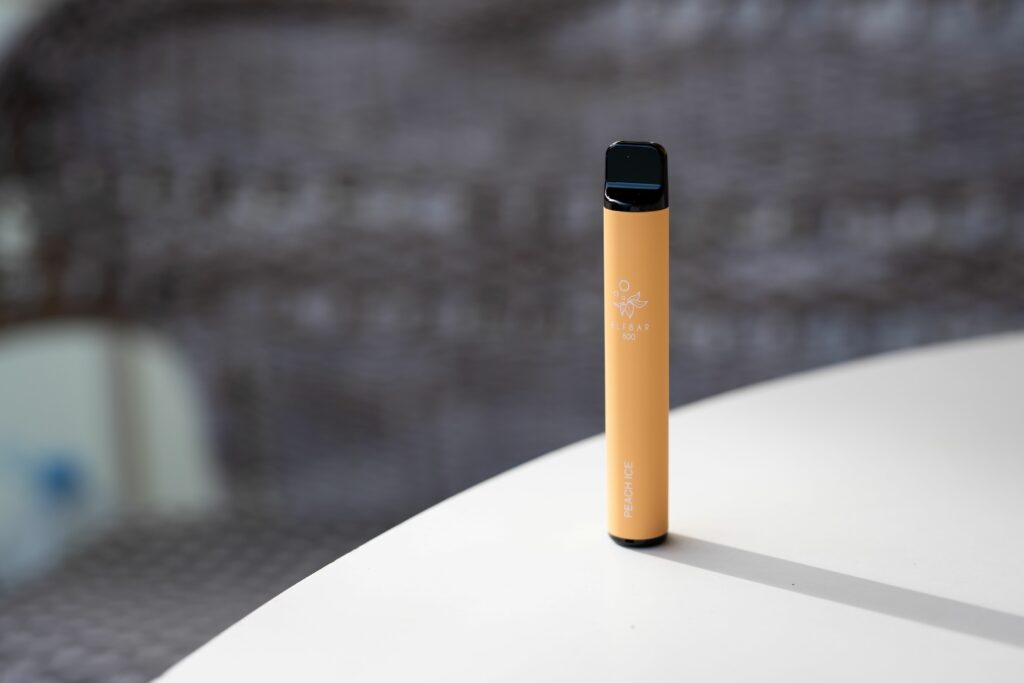The U.S. Department of Justice (DOJ) today filed a complaint for a permanent injunction against Jessica M. Fitzgerald and Michelle L. Allen doing business as Vape Junkie Ejuice (Vape Junkie Ejuice) for “manufacturing, selling, and distributing unauthorized e-cigarette” products.
The injunction was filed on behalf of the U.S. Food and Drug Administration.
The move represents the seventh time FDA has initiated injunction proceedings to enforce the Federal Food, Drug, and Cosmetic Act’s (FD&C Act) premarket tobacco product review requirements for new tobacco products.
The FDA previously warned Vape Junkie Ejuice that they were in violation of the FD&C Act’s premarket review requirements for new tobacco products by manufacturing, selling, and distributing new tobacco products without first obtaining marketing authorization from FDA, according to the FDA.
The agency’s warning noted that continued violations could lead to further action, including an injunction. However, Vape Junkie Ejuice continued to manufacture, sell, and distribute unauthorized e-cigarette products to consumers, according to the FDA.
“FDA has been abundantly clear that we will not stand by as bad actors choose to blatantly disregard the law, especially after being duly warned. This manufacturer continued to break the law, and that behavior has consequences.”
Brian King, director of the FDA’s Center for Tobacco Products (CTP)
DOJ institutes judicial enforcement actions under the FD&C Act in court. DOJ filed the injunction complaint on behalf of the FDA against Vape Junkie Ejuice in the Middle District of Florida, the manufacturer’s respective U.S. District Court.
If the injunction is handed down, it would require Vape Junkie Ejuice to stop manufacturing, selling, and distributing their e-liquids. The injunction would also require the manufacturer to obtain marketing authorization from the FDA before marketing such products.
“Today’s injunction action should be a clear reminder to all manufacturers: If you continue to sell illegal products, we are equipped to use the full force of the law. FDA is committed to working with federal partners, including the Department of Justice, to enforce the law.”
Ann Simoneau, director of CTP’s Office of Compliance and Enforcement.
Today’s action is part of the FDA’s comprehensive approach to enforcing the law, according to the agency. Within the past year, the FDA has acted against manufacturers, distributors, importers, and retailers of illegal e-cigarette products.
As of Nov. 2023, the FDA has issued approximately 640 warning letters to firms for manufacturing and/or distributing illegal e-cigarette products and devices, issued more than 400 warning letters to retailers for the sale of unauthorized e-cigarettes, filed civil money penalty complaints against 36 e-cigarette manufacturers and 42 retailers for manufacture and/or sale of unauthorized products.




